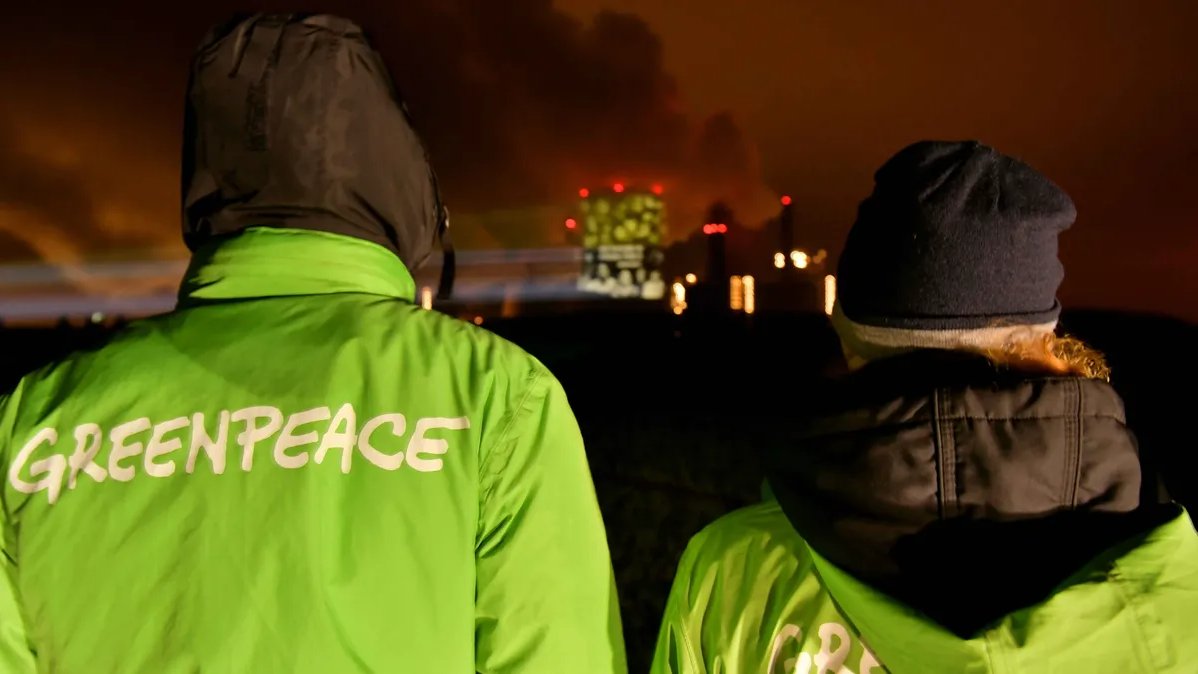On 19 May 2023, the Russian Prosecutor General’s Office declared Greenpeace an “undesirable organisation”. Legal entity Greenpeace International (the Netherlands) was added to the list.
Afterwards, the Russian branch of the organisation announced its closure. Novaya-Europe has talked to Mikhail Kreindlin, head of the specially protected natural areas programme at Greenpeace Russia, about the prospects of environmental activism in a country that’s waging a war.
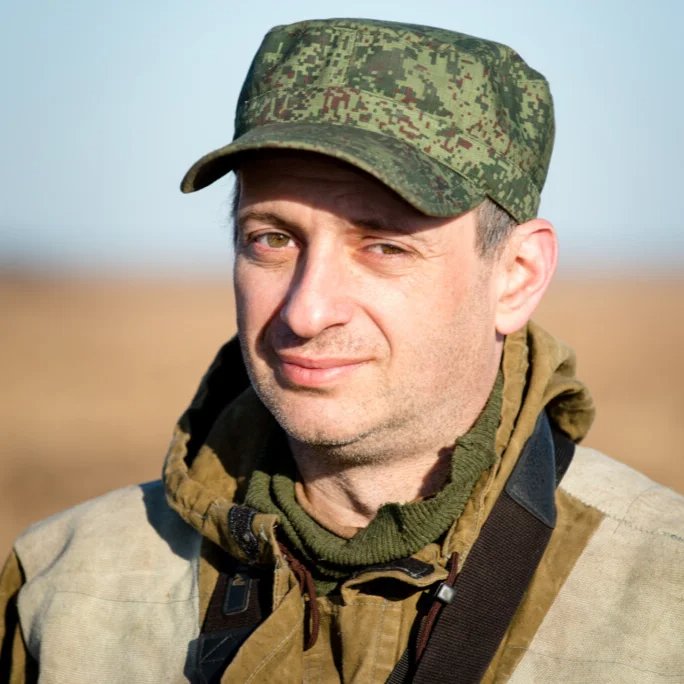
Mikhail Kreindlin
head of the specially protected natural areas programme at Greenpeace Russia
Greenpeace was declared an “undesirable organisation”. How did you find out about the decision taken by the Prosecutor General’s Office?
All employees found out in different ways — mostly through the media and the official website of the Prosecutor General’s Office.
How expected was the decision within the team? How did you prepare yourselves?
This is the how it is now in Russia; we have seen many independent environmental organisations be declared “foreign agents” or “undesirable”.
In 2022, Russian MP Alexander Yakubovsky demanded to brand Greenpeace an ‘undesirable’ organisation. What do you think, is this a specific political order? Or were you just caught in the crossfire? What exactly does the current government have against you?
At the beginning of September, we spoke out against the bill that could allow continuous sanitary logging near the shores of Lake Baikal. It has been forbidden since 1999 to preserve the amazing [lake] of our country which is included on the list of the UNESCO World Heritage Sites.
What a coincidence: one of the authors of the bill is deputy Yakubovsky.
We assume that these events are related, especially after the deputy said that he had found “colleagues” from the inter-factional group (some of them are among the bill’s authors), with whom he pushed for the liquidation of Greenpeace.
We don’t know whether Greenpeace being declared an “undesirable organisation” now is related to Yakubosky’s requests. It remains a question.
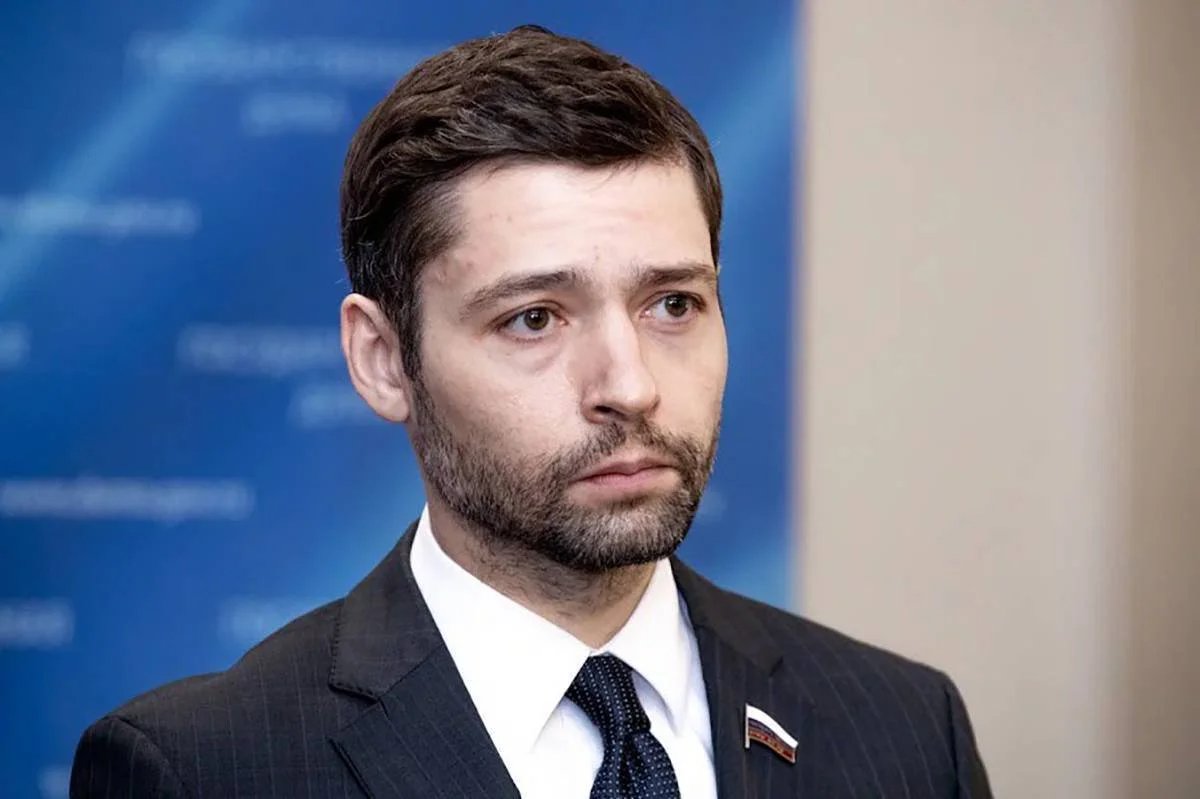
Russian State Duma deputy Alexander Yakubosky. Photo: United Russia
How will the foundation’s work change going forward? What are your plans for the future?
Because of the decision made by the prosecutor’s office, we have to close the organisation. By banning Greenpeace International, the authorities are basically prohibiting the activities of our Russian branch, which fights to preserve the country’s nature and environment — something that is guaranteed by the Russian Constitution.
What would you say are the main achievements of the organisation’s 30 years of work in Russia?
With the support of Greenpeace and on its initiative, six UNESCO sites were established in Russia — the Virgin Komi Forests, Lake Baikal, the Western Caucasus, Sikhote-Alin Nature Reserve, the Golden Mountains of Altai, the Volcanoes of Kamchatka.
In recent years, we had been protecting the World Heritage Sites from thoughtless attempts of using those sites for intensive economic activity, which contradict their status.
With our partners from other NGOs, we were able to, including by winning a case in the Supreme Court, protect the Virgin Komi Forests (the first Russian World Heritage Site) from gold mining, the Golden Mountains of Altai from construction of a gas pipeline to China, the Western Caucasus from Olympian facilities being put on its border.
Together with our supporters, we fought against around 15 attempts to weaken the legislature on the specially protected natural areas, to lift the ban on seizing the land in these areas (the last attempt was this year).
For over 20 years, Russian Greenpeace had dedicated itself to protecting Lake Baikal. We fought against poachers who were wiping out the Baikal seals. Together with other organisations and supporters, we managed to close down the Baikal paper mill. Together with Greenpeace, concerned Russians were able to insist on relocating the Eastern Siberia–Pacific Ocean oil pipeline which was planned to be laid down just 800 metres away from the lake. Lately, our employees were looking into the issue of plastic pollution on Baikal and its waters being contaminated with dangerous things, [we were] trying to get logging near its shores banned.
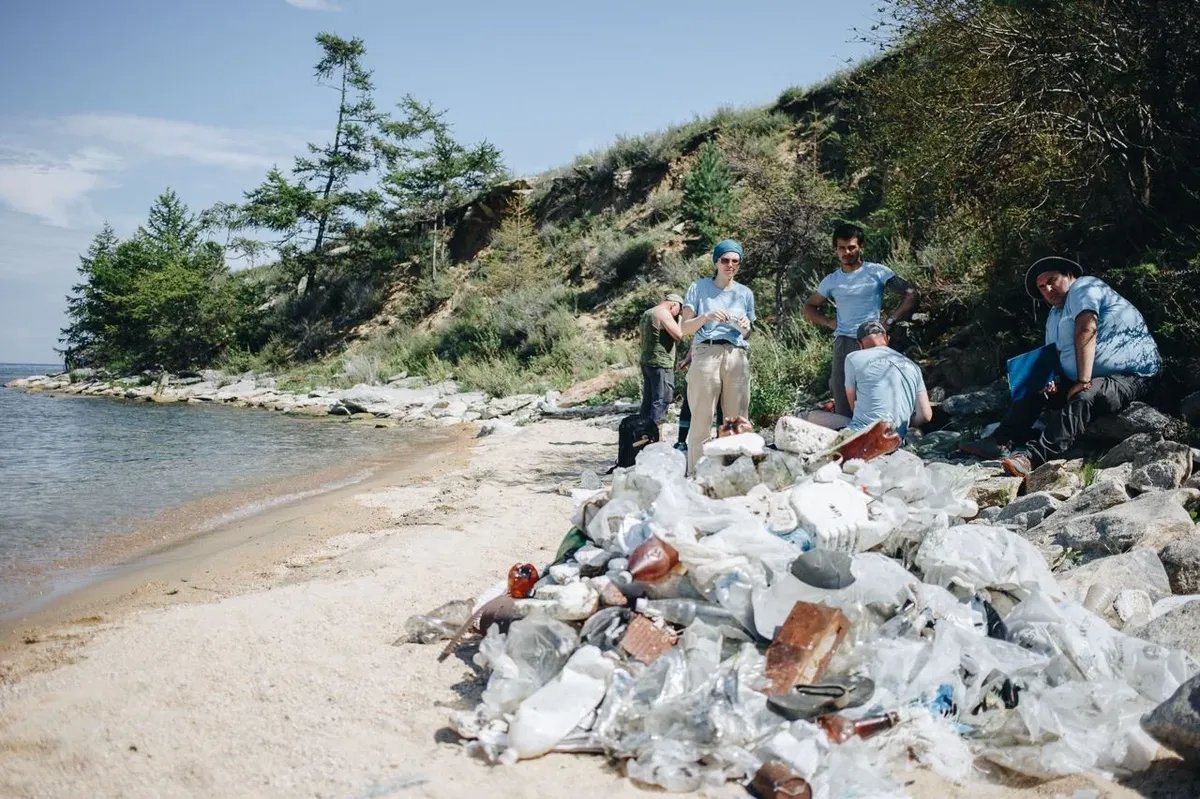
Waste collection at lake Baikal. Photo: Greenpeace
For many years, Greenpeace fought against the dangerous toxic dioxin contamination and other chemicals. Our activists did not let hazardous waste from other countries be transported into Russia. It was with our help that Nornickel had to pay a giant fine of 146 billion rubles (€1.7 billion) for the oil spill in the city of Norilsk in 2020. With our assistance, first discussions on climate crisis threats began in Russia and first measures to fight them were taken.
Russian Greenpeace was the first to raise the questions of separate waste collection and waste processing in our country. After many years of our work, fights against the construction of dangerous incinerators, expert assessments, and speeches, separate waste collection has become (although not executed perfectly for now) our daily reality. And to help people conduct an environmentally friendly lifestyle, together with hundreds of volunteers across the country, we have created Recyclemap, which is constantly being updated. It shows 30,000 recycling collection points in 64 Russian cities.
Together with leading experts, we carried out a big research and proposed solutions on how to reach climate neutrality through the development of cycle economics and waste reduction, protection of forests, fire prevention, use of renewable energy sources, and improvements of energy efficiency.
Greenpeace has done a lot to make sure the energy sector of our country is based on the latest and most environmentally friendly technologies, which preserve nature, let us get by without fossil fuel extraction, help us solve climate crisis problems, and create a foundation for the economy of the future. Our experts looked into the experiences of different regions that use renewable energy sources. Greenpeace proposed that the regions include the development of renewable energy sources into their adaptation to climate crisis plans, and we received official support of our proposals in many regions.
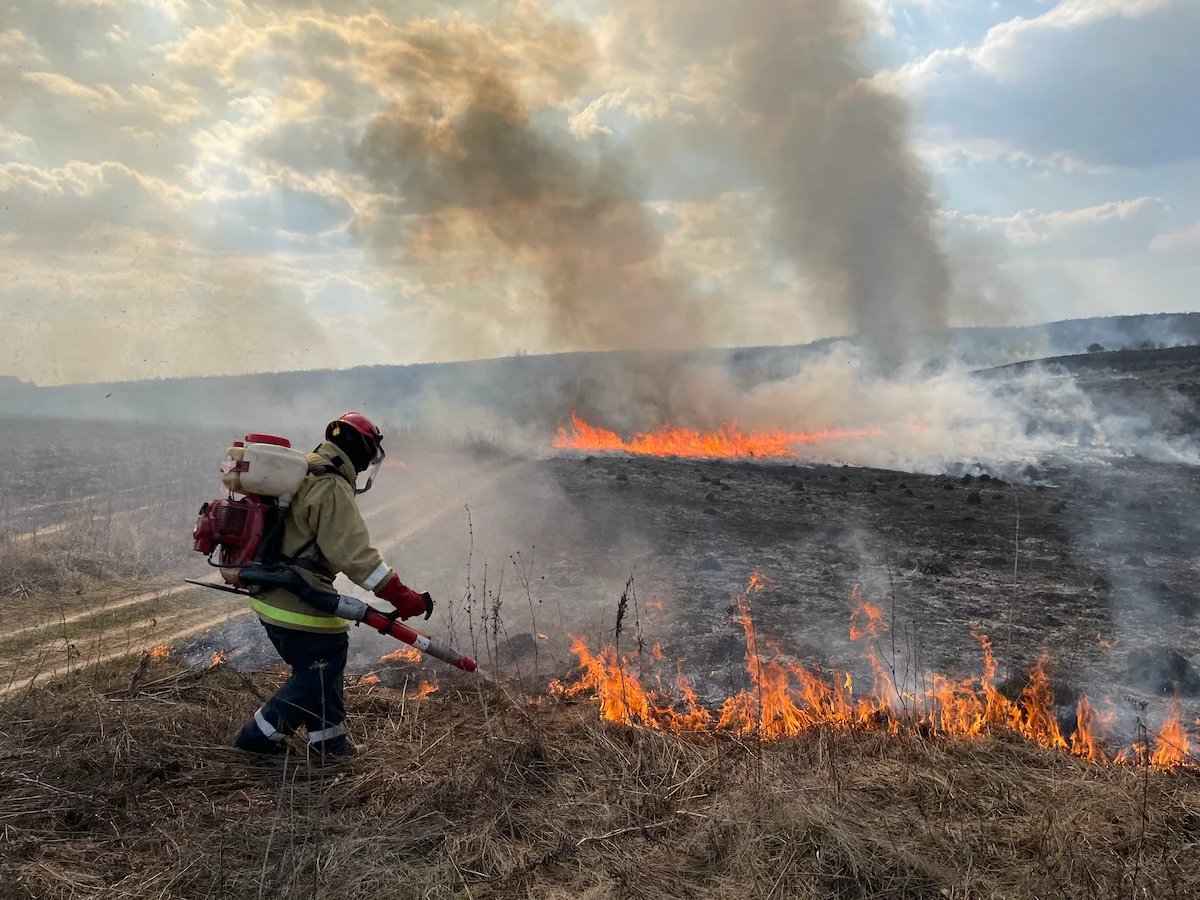
Photo: Yulia Davydova / Greenpeace
Every year, our employees and volunteers saved forests and peatlands from fires; thanks to our work, a ban on burning the grass was introduced, while the Stop the Fire! campaign initiated by us is now being promoted by Russia’s Emergency Ministry and Aerial Forest Protection Service. With our help, groups of volunteer forest firefighters were established across the entire country, now it is a whole movement of highly professional volunteers.
Why would foreign organisations even pay attention to environmental problems in Russia?
Greenpeace is not a foreign organisation, but an international one, branches of which are located in dozens of countries, each of them does its own work and focuses on what is important for the specific country. The activities conducted by Greenpeace are funded by private donations, which guarantee independence from politicians and business. Russian nature holds absolute value not only for Russians but also for the entire world. Average Russians supported the work of Greenpeace in the country, too: hundreds of thousands of people signed petitions, another 40,000 donated money.
Employees of Greenpeace in Russia are Russian citizens, they could not afford not to pay attention to environmental problems in the country, because this is our country.
All of us live here; of course, we care what will happen to Baikal, to the woods of Karelia and Yakutia, to the specially protected natural areas all over the country.
The Russian government previously declared other environmental organisations, like Bellona, “undesirable”. What will happen to Russia without environmentalists? How will [this decision] impact the environment?
Not only does Greenpeace not pose a threat to national security, but it has also always worked in the interest of people who live in our country. We fought climate change and giant oil spills, catastrophic natural fires, plastic collapse, and tried our best to let people breathe fresh air, drink clean water, and eat healthy food, so that the unique nature of our country was preserved. Without large and independent environmental organisations, it will be harder and harder or even basically impossible to bring about positive change in the country, real solutions to environmental problems, and fight anti-environmental legislative initiatives.
The high level of expertise that Russian Greenpeace provides was recognised on all, even the highest levels, especially when it came to issues of extinguishing forest and peat fires, waste reduction, forest protection, and the fight against climate crisis. Our recommendations, reports, expert assessments, were often used by the authorities.
Which projects will definitely be closed? What will happen to the activists that remain in Russia?
All projects of Russian Greenpeace will be closed after the organisation is liquidated. The activists can continue their environmental ventures in Russia but independently from Greenpeace.
Join us in rebuilding Novaya Gazeta Europe
The Russian government has banned independent media. We were forced to leave our country in order to keep doing our job, telling our readers about what is going on Russia, Ukraine and Europe.
We will continue fighting against warfare and dictatorship. We believe that freedom of speech is the most efficient antidote against tyranny. Support us financially to help us fight for peace and freedom.
By clicking the Support button, you agree to the processing of your personal data.
To cancel a regular donation, please write to [email protected]
